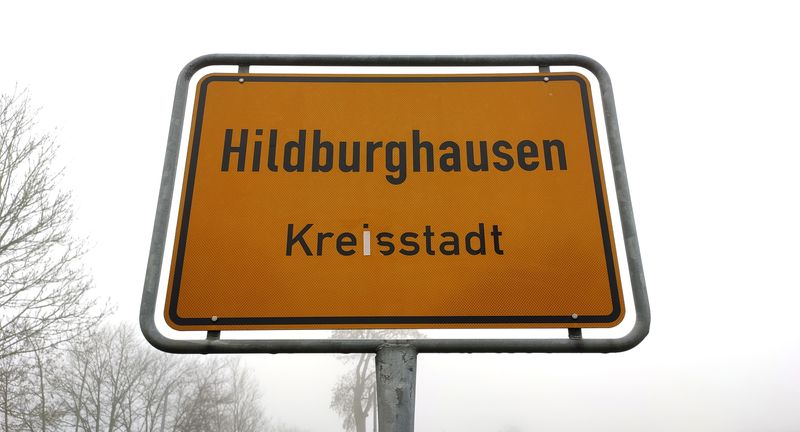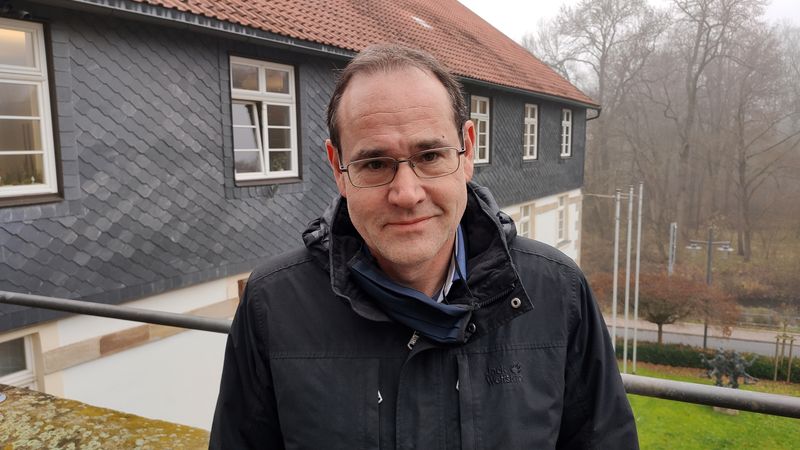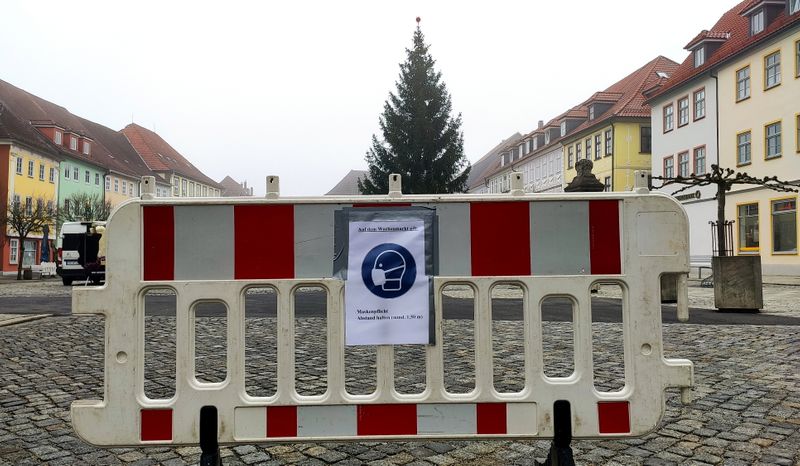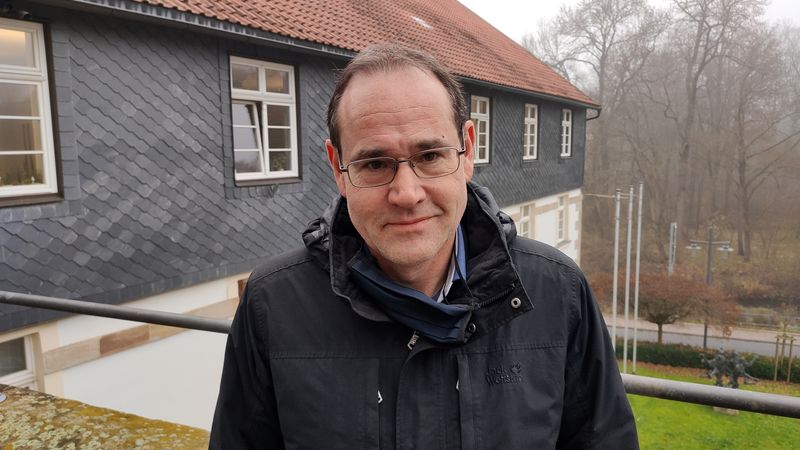BERLIN (Reuters) – The state premier of Thuringia on Thursday announced a first mass test for children in the district of Hildburghausen, Germany’s coronavirus hotspot, to find out to what extent they contribute to a rapid surge in infections.
The east German district saw a record 603 cases per 100,000 people in the past seven days, more than four times Germany’s average incidence of 140, according to the Robert Koch Institute (RKI) for infectious diseases.
“We will now conduct the first mass test for children and young people, who can be tested for free, starting next Tuesday,” Bodo Ramelow told broadcaster ARD. “Then we will know for the first time: how safe are schools and kindergartens?”
The Hildburghausen district of 63,000 inhabitants introduced a regional lockdown that is stricter than the one in force in the state of Thuringia on Wednesday.
Unlike most of Germany, kindergartens and schools have been closed and people are only allowed to leave their flats if they have a good reason. Violations can be punished with fines of up to 25,000 euros ($29,775).
The lockdown is in place until Dec. 13.
Chancellor Angela Merkel agreed with leaders of the 16 federal states on Wednesday night to extend and tighten national measures against the coronavirus until at least Dec. 20 but ease rules over the Christmas holidays to let families and friends celebrate together.
However, another extension into January is seen as likely.
While many Germans support the government’s measures, there are also a number of opponents.
After police clashed with thousands of demonstrators in Berlin a week ago, around 400 people gathered in the city of Hildburghausen on Wednesday night to protest the new restrictions.
Police said it used pepper spray to disperse them.
($1 = 0.8396 euros)
(Reporting by Kirsti Knolle; Editing by Mike Collett-White)























